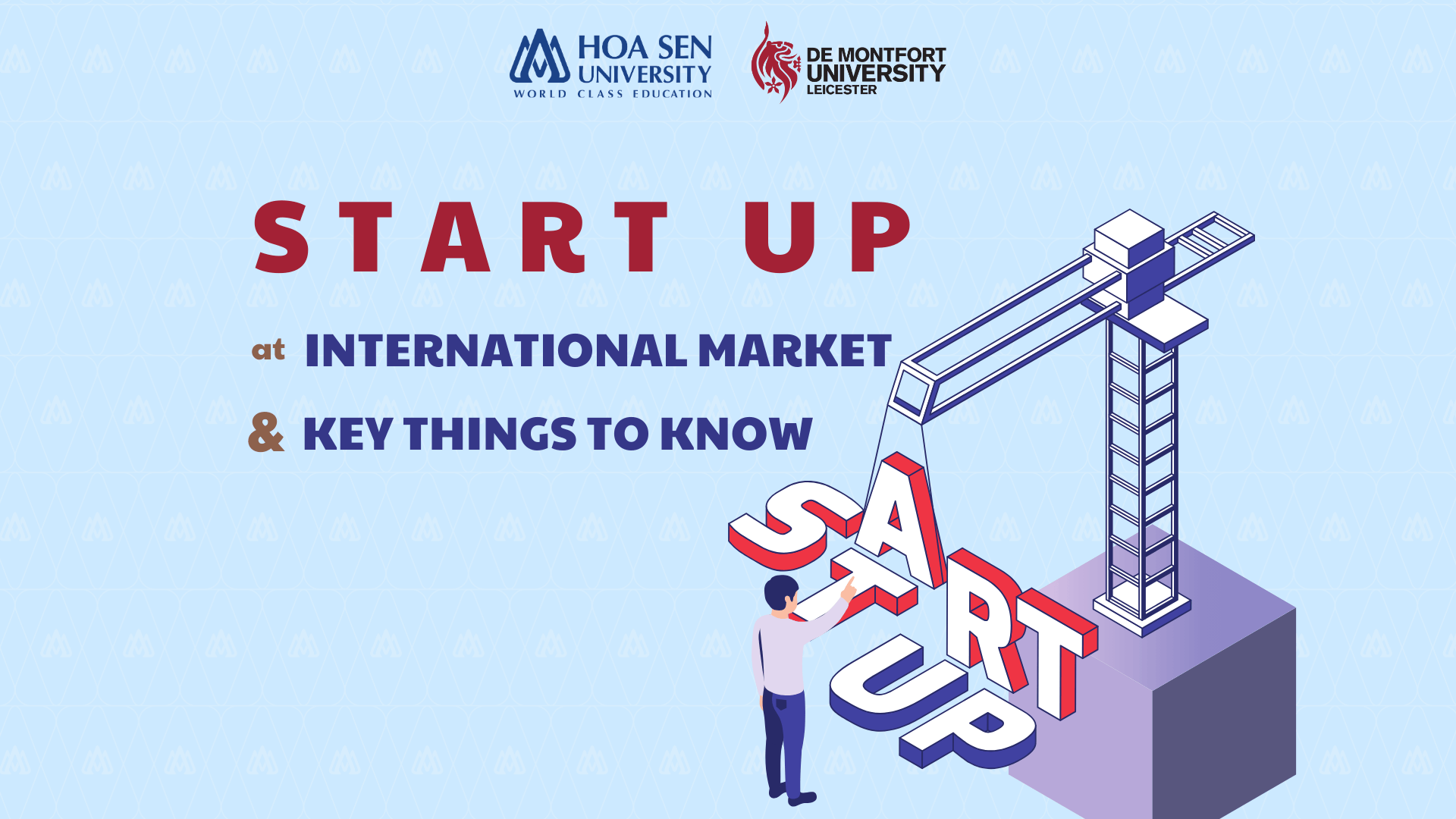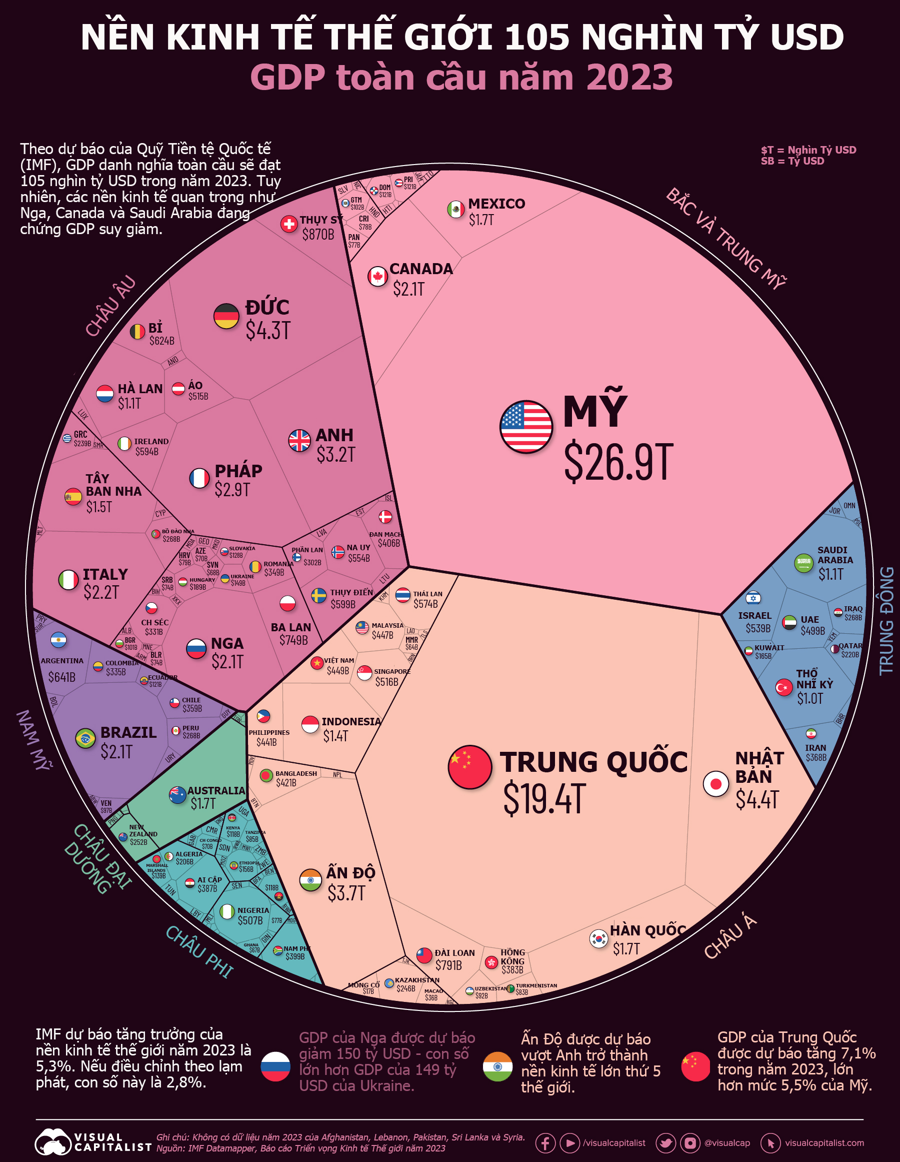Start Up At The International Market And Key Things To Know
Start up at the international market is a necessary trend for businesses aiming to scale and explore new opportunities. However, entering the global arena requires careful preparation, including market research, cultural understanding, and legal considerations. This article will help you grasp essential insights to seize opportunities, tackle challenges, and confidently step into the international market.

1. Start up at the international market is a global trend
Start up at the international market has become a powerful trend in recent decades, especially as technology and globalization create unprecedented opportunities. This is not merely about expanding business operations to another country; it is the process of building, growing, and managing a cross-border enterprise with the goal of tapping into the potential of diverse markets worldwide. This journey includes establishing a presence in new countries, studying local customer needs, and adapting to the legal, tax, and business standards of each region.

However, the path to an international startup is not without challenges. Each country has unique cultural, legal, and market demands, requiring businesses to adapt their strategies with agility. This endeavor also demands the ability to manage a multinational team, adapt to new business environments, and stay alert to potential global risks.
2. The international market – opportunities and challenges
2.1. Opportunities
The international market presents vast opportunities for businesses, especially in terms of accessing a massive potential customer base. Emerging markets like Asia and Latin America are experiencing rapid growth, offering significant development potential. Expanding internationally not only allows businesses to broaden their operational reach but also diversified income sources, reducing economic risks associated with reliance on a single market.

Additionally, many countries offer incentives and encourage foreign business investment through tax reductions or streamlined administrative processes. For instance, countries such as Singapore, Hong Kong, and the UAE have open business environments, providing favorable opportunities for startups to access capital and scale their operations.
2.2. Challenges
Despite the numerous opportunities, starting up in the international market comes with significant challenges. One of the biggest obstacles is the complexity of legal and tax systems in each country. Businesses must strictly comply with legal regulations, ensuring that paperwork, operating permits, and tax systems are in order to avoid legal risks. Additionally, cultural and language differences present their own difficulties. Understanding local customers’ cultures and customs is essential for crafting effective marketing strategies and building strong relationships with local partners. Failure to grasp these cultural nuances can lead to misunderstandings, reduce competitiveness, and even harm the company’s reputation.
Moreover, businesses face logistical challenges when shipping goods across borders, including import-export regulations, customs fees, and transportation costs. Finally, establishing relationships with customers and partners abroad requires time and effort. Building trust in a new market is not easy, especially with international business partners who may have entirely different work styles and business practices from those in the domestic market.

3. Why international startups are the right direction for the future
In the era of rapid globalization, starting up internationally is not only a promising option but has also become a necessary trend for businesses aiming to stay competitive. Globalization opens doors for companies to expand beyond national borders, reaching new markets worldwide. Especially in the field of international business, companies need to quickly adapt and seize these opportunities to avoid falling behind.
3.1 Advantages from technology and global logistics
Thanks to the rapid advancement of technology and global logistics systems, scaling a business no longer faces the significant barriers it once did. Small and medium-sized enterprises can leverage digital technology to reach customers, manage sales processes, and provide efficient after-sales support. Connecting with partners, suppliers, and customers across borders has become easier than ever through online platforms, helping businesses optimize costs and improve efficiency.
3.2 An inevitable trend in international business
In the field of international business, the rapid changes in the global business and trade environment require companies to have a long-term vision and the ability to seize new opportunities. Businesses must not only meet domestic demands but also prepare to enter international markets. If companies fail to adapt to global trends quickly, they risk falling behind, losing the opportunity to dominate the market, and missing out on access to international customers.
3.3 Access to the global market
One of the strengths of international startups is the ability to access a much larger market than what is available domestically. Businesses can tap into untapped markets where consumer demand is rising, particularly in emerging markets such as Asia, Africa, and Latin America. Expanding into diverse markets not only helps companies broaden their customer base but also minimizes risks when the economy of a single country faces difficulties.
3.4 Opportunities for learning and innovation
Starting up in the international market also offers opportunities for learning and innovation. Engaging in a business environment that is diverse in culture, technology, and market trends helps companies develop creative products and services tailored to the specific needs of each country. The lessons learned from international markets also contribute to driving improvements in business processes, products, and services, thereby creating a stronger competitive advantage.
4. Successful global startup case studies
Several companies have successfully expanded into international markets, including Airbnb, Uber, and Grab. These startups began on a small scale and gradually grew globally thanks to their flexible business strategies and ability to adapt to the business environments of various countries.

For example, Airbnb adjusted its service models to comply with the legal regulations and cultural norms of each country. Meanwhile, Uber built a strong legal support system and collaborated with local partners to expand its operations.
5. What should be prepared to minimize risks when starting a business in international markets?
To succeed when starting a business abroad, companies need to prepare knowledge and experience to thoroughly understand the market and offer products that address local issues.
5.1. Market research
Researching the business environment helps startups develop ideas that align with market demands. This includes economic, political, and social factors. Understanding legal procedures and economic potential will help companies minimize risks and leverage growth opportunities. For example, Hong Kong is an ideal destination for businesses due to its free trade and investment system. Additionally, local culture influences marketing strategies, as seen in the misaligned campaign by Yellow Pages in Toronto.
5.2. Localization of ideas and vision
To succeed, businesses need to understand consumer behavior and adjust products and marketing strategies accordingly. Many brands choose to localize their products or hire local personnel to overcome cultural differences.
5.3. Budget planning
Creating a budget helps businesses manage resources effectively, evaluate operations, and ensure that growth aligns with the business plan. To determine a budget, companies need to estimate revenue, costs, and forecast potential unforeseen expenses.
5.4. Logistics challenges
Understanding logistics regulations, such as shipping, taxes, and customs fees in the target market, is essential to optimize costs and ensure an uninterrupted supply chain. Countries with favorable maritime and air infrastructure are often attractive to businesses.
5.5. International bank accounts
Opening an international bank account helps businesses reduce transaction costs and facilitate international dealings. Each bank has different requirements for account opening, including company documents and legal representatives.
5.6. Legal preparation
Legal considerations are one of the most crucial factors determining the success of a startup when entering foreign markets. Each country has different regulations on business formation, tax rates, and protecting rights. Proper legal preparation helps businesses avoid risks and unnecessary complications.

6. Conclusion
Starting a business in international markets presents significant opportunities but also comes with considerable challenges. While accessing new markets allows businesses to expand and reduce economic risks, they must navigate complex legal systems, customs regulations, cultural differences, and logistics. Additionally, technology and globalization have lowered many barriers, but success still requires thorough preparation in market research, product localization, and efficient resource management. In conclusion, starting a business in international markets is an inevitable trend for the future, where businesses must not only be ready to face challenges but also seize opportunities to expand globally.
For those seeking to gain the knowledge and skills needed for global entrepreneurship, the international business program is the ideal choice. Hoa Sen – De Montfort is one of the leading international programs that prepares you to confidently enter the global arena, ready to conquer challenges and capitalize on opportunities in the global marketplace. Start your journey here!
7. Discover international learning opportunities to prepare for global entrepreneurship
If you’re seeking a high-quality program to prepare for your journey into global entrepreneurship, the Hoa Sen – De Montfort International Program is an excellent choice. Offering fields of study such as International Business, Graphic Design, and Marketing, you’ll gain the knowledge, skills, and international network necessary for a successful startup. In particular, the International Business program at Hoa Sen – De Montfort is an ideal option to equip you with the essential entrepreneurial skills and knowledge, preparing you to navigate and succeed in the global market.
Read more:
- Remarkable Student Experiences at Hoa Sen De Montfort in October 2024
- Study International Bachelor’s Degrees in 3 Popular Majors: Marketing, International Business, Graphic Design at Hoa Sen – De Montfort
- What is On-site Study Abroad? Opportunities to Study at Home with the Hoa Sen – De Montfort Program
——————————————–
CONSULTATION CONTACT: Hoa Sen – De Montfort Program (Institute of International Education)
Apply online Register for consultation here
📍 Address: Room 1007, 10th floor, 08 Nguyen Van Trang, Ben Thanh Ward, District 1, Ho Chi Minh City Phone: 028 7309 1991 (Ext: 4792)
Hotline: 0888 275 276
Email: [email protected]
Website: e-sexcash.com/demontfort/












